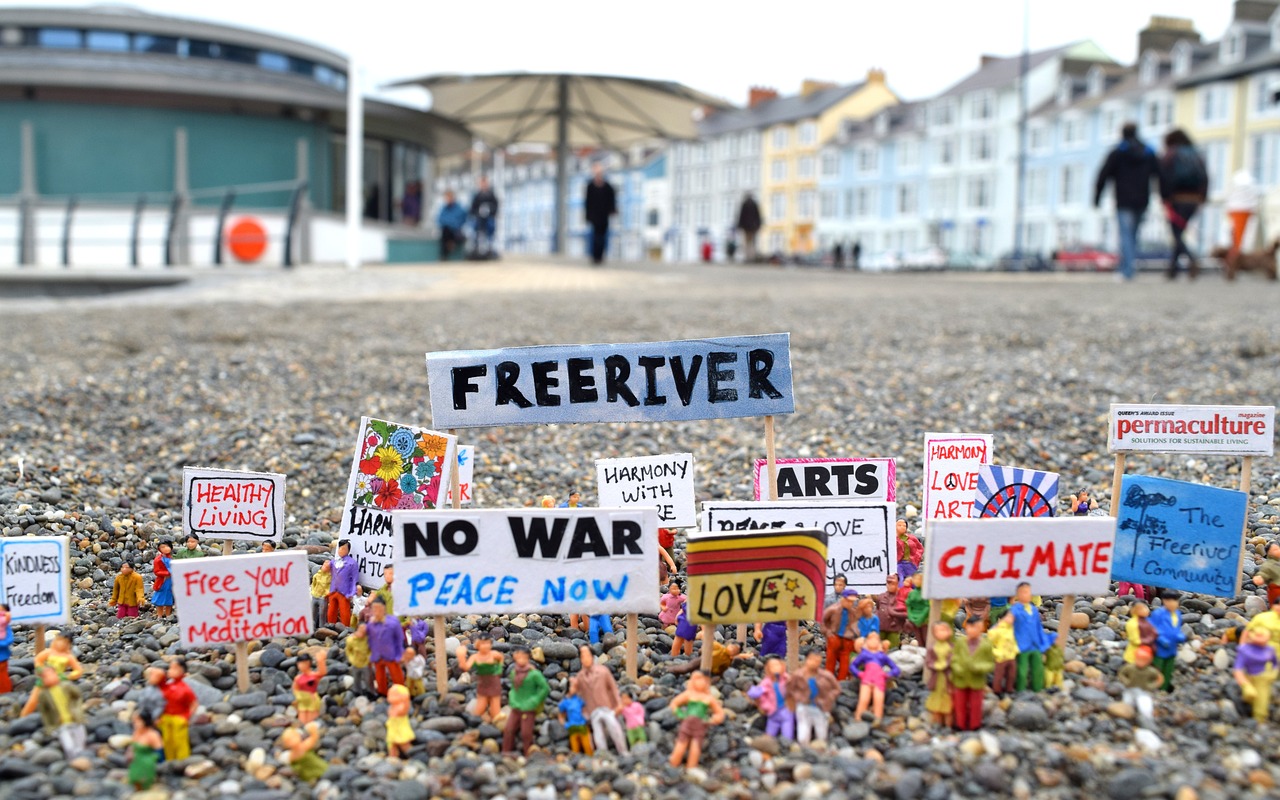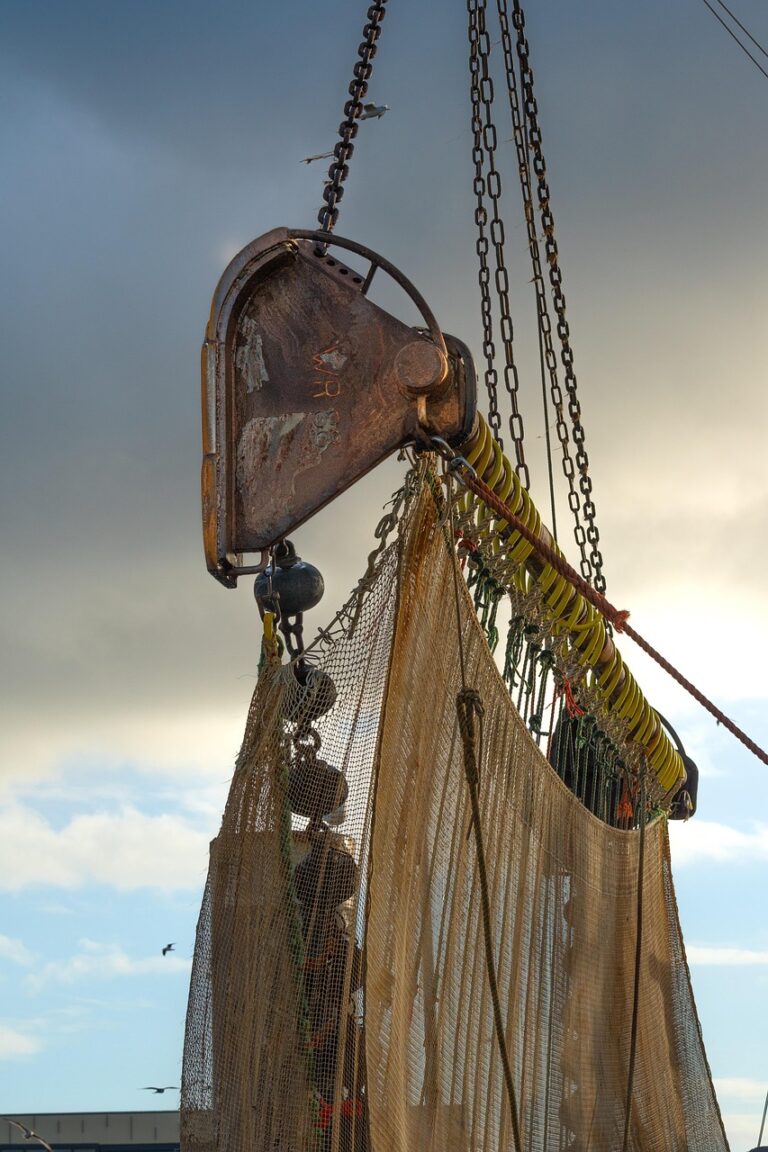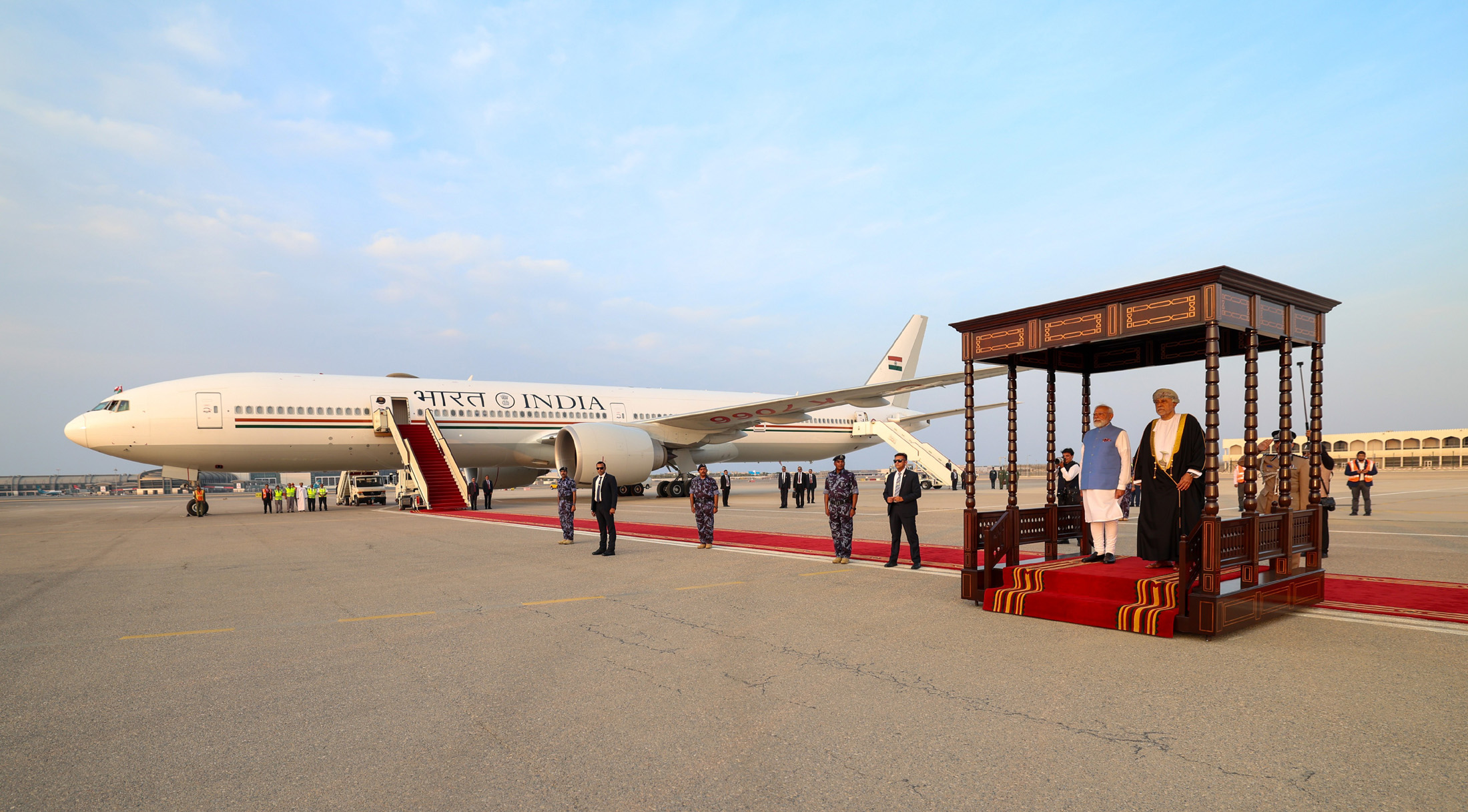
In 2024, India and Brazil led a charge for reform during UN General Assembly debates, pressing to curb the veto held by the Council’s five permanent members—United States, Russia, China, United Kingdom, and France. Their proposal, backed by the G4 nations, sought to limit veto use in cases of genocide, war crimes, and humanitarian crises…
Why do millions suffer in silence?
In Sudan’s Zamzam camp, fevered children weaken without medicine, hunger tightening its grip. In Gaza, families huddle under tarps, bombs drowning out memories of better days, empty stomachs unsoothed. In Ukraine’s Sumy, classrooms lie in rubble, desks empty after missile strikes claim young lives. These scenes, spanning continents, share a relentless torment—suffering driven by war, ruin, and neglect, unrelieved by a United Nations whose voice falters when nations like Israel and Russia scorn its pleas. Why do millions languish in this pain, their cries unheard, and can an institution, bound by its own chains, ever lift their burden?
At the heart of this paralysis lies the United Nations Security Council, where veto power stifles action. In 2024, India and Brazil led a charge for reform during General Assembly debates, pressing to curb the veto held by the Council’s five permanent members—United States, Russia, China, United Kingdom, and France. Their proposal, backed by the G4 nations, sought to limit veto use in cases of genocide, war crimes, and humanitarian crises, arguing that unchecked vetoes shield atrocities and block aid, as seen in Syria’s stalled relief and Gaza’s rejected ceasefires. India’s External Affairs Minister S. Jaishankar called the veto “an anachronism” crippling global peace, per United Nations records, while Brazil’s President Luiz Inácio Lula da Silva urged a Council reflecting “today’s realities,” not 1945’s power balance. They pushed for expanded membership—new permanent seats for underrepresented regions like Africa and Latin America—and restrictions on vetoes for mass atrocity cases. Yet reform stalled, derailed by permanent members’ resistance, with Russia and China defending their veto as a “stabilizing” check, per 2024 Council transcripts, and the United States wary of diluting its influence. Smaller states, divided over reform models, failed to rally consensus among the Assembly’s 193 members, leaving the Council unchanged. “The veto entrenches impunity,” said a United Nations diplomat anonymously to Al Jazeera in September 2024, underscoring why crises fester while resolutions die.
The crises form a global map of anguish, where survival hangs by a thread. In Sudan’s North Darfur, El Fasher remains strangled by a year-long siege, its people trapped in isolation. Hundreds of civilians and humanitarian workers died in 2024 attacks, per the United Nations Office for the Coordination of Humanitarian Affairs. “All those responsible must be brought to justice,” says Clementine Nkweta-Salami, United Nations Humanitarian Coordinator in Sudan, her demand sharp but unmet. “The United Nations is gravely concerned by reports of over 100 civilian deaths in Um Kadadah, North Darfur, amid intensified RSF attacks,” says Jens Laerke, OCHA [the United Nations Office for the Coordination of Humanitarian Affairs] Spokesperson, highlighting a recent assault 180km east of El Fasher. “I am deeply shocked by reports that hundreds of civilians were killed in a strike this week on a busy market in the town of Tora, located northwest of el-Fasher city in North Darfur,” says Volker Türk, United Nations High Commissioner for Human Rights, underscoring the region’s unrelenting violence. Famine, confirmed by the Integrated Food Security Phase Classification in 2024, grips Zamzam, Abu Shouk, and Al Salam camps, where the World Food Programme finds malnutrition in children under five surpassing 30 per cent. In late 2024, 20,000 fled Zamzam for El Fasher and Tawila, joining 430,000 displaced in North Darfur, the International Organization for Migration reports. Fuel prices, tripled in 2024, have stilled water pumps, forcing families to drink from pools that poison as they sustain, per United Nations reports. Across Darfur, thousands have been killed and homes destroyed, including in Um Kadadah, the United Nations Office for the Coordination of Humanitarian Affairs notes. Sudan’s hospitals are husks—160 attacks on healthcare since April 2023, 300 dead, a third of facilities in seven states gone, says the World Health Organization.
In Gaza, the pain runs raw. For six weeks in late 2024, no aid crossed northern Gaza’s borders, a severe halt, says the United Nations Office for the Coordination of Humanitarian Affairs. Al Ahli hospital, struck by Israeli forces, lies barren, a wound to Gaza’s broken healthcare, United Nations Secretary-General António Guterres said, his alarm ringing empty. “The Secretary-General is deeply alarmed by Sunday’s [April 13, 2025] strike by Israeli forces on Al Ahli Arab Hospital, incapacitating the hospital in Gaza City and dealing a severe blow to an already devastated healthcare system in the Strip,” said Stéphane Dujarric, his spokesman, voicing a plea that echoes unmet. “Hospitals must be protected,” says Dr Tedros Adhanom Ghebreyesus, Director-General of the World Health Organization, his words no shield. A United Nations warehouse in Gaza City and a Khan Younis food point bear strike marks, supplies for thousands lost, per Philippe Lazzarini, Commissioner-General of the United Nations Relief and Works Agency for Palestine Refugees in the Near East. Israeli orders—four in late 2024—cover 33 square kilometres, 9 per cent of Gaza, leaving 70 per cent restricted or “no-go,” United Nations data shows. Half the water wells lie beyond reach, food and shelter vanish, fuel trickles to hospitals, Guterres warned, noting a “devastated” system. “Israel, as occupying power, must facilitate relief,” he said, citing Security Council resolutions 2730 (2024) and 2417 (2018). Israel dismisses him, calling his words “blood libel,” per Haaretz in 2024, leaving 2.1 million in acute food insecurity, United Nations figures confirm.
In Ukraine, Russia’s defiance mirrors this. A 2024 Sumy missile strike killed over 20, including children, and injured dozens, shattering a street’s heart, per the United Nations Office of the High Commissioner for Human Rights. Matthias Schmale, United Nations Humanitarian Official, speaks of aid workers rushing meals through rubble. Over 200 died across Donetsk and Zaporizhzhia in early 2024, Ukraine’s emergency services reported, with 3,500 civilian deaths since February 2022, per United Nations counts—too low, locals say. Russia rejects Guterres’ criticism as “politicized,” per TASS in 2023, burying accountability. In Myanmar, a 2023 earthquake’s 1.5 million tons of debris crushed 8,000 homes and 100 health facilities, the United Nations Development Programme found. In Ecuador’s Esmeraldas, an oil spill poisoned rivers, touching 150,000 and robbing 37,000 women of their fishing lives, a United Nations Disaster Assessment team reported, illnesses swelling with no relief in sight. Lena Savelli, United Nations Resident Coordinator, vows aid, but clean water remains scarce.
The United Nations’ fetters are stark. Its $6.1 billion peacekeeping budget for 2024-25, down from $6.5 billion in 2020, stretches 70,000 troops across 12 missions, United Nations financial reports show, but it splinters under need. Only 45 per cent of 2024’s $49 billion global humanitarian appeal was funded, per the United Nations Office for the Coordination of Humanitarian Affairs, with Sudan’s $2.7 billion short $1.5 billion. Security Council vetoes bind—Russia blocked Syria aid in 2023, per Council records; the United States vetoed Gaza ceasefires in 2024; Russia vetoed Ukraine resolutions twice in 2022, while the United States blocked three Gaza drafts and Russia and China one in 2023-2024, per United Nations records. Bureaucracy delays—Somalia’s 1992 mission took four months to deploy, arming warlords, a 1994 United Nations review found. Misconduct, like 2,000 sexual abuse claims against peacekeepers since 2004, per a 2019 United Nations report, erodes faith. “A divided council cannot [deliver peace],” said United Nations Secretary-General António Guterres in September 2024, citing Gaza and Ukraine. Reforms creep: a 2016 resolution bolstered whistleblowers, cutting misconduct cover-ups, United Nations audits show; a 2023 review saved 8 per cent on costs, aiding field work. Gulf donors gave $1 billion in 2024, per United Nations records, easing some strain.
Defiance guts deeper. Israel’s scorn for Guterres’ Gaza pleas and Russia’s dismissal of Ukraine criticism—calling him biased—strip United Nations leverage. “The United Nations lacks enforcement when permanent members or allies defy it,” said Richard Gowan, International Crisis Group Expert, in a 2024 Al Jazeera interview, noting Gaza and Ukraine’s stalled resolutions. Guterres’ call to protect Gaza’s civilians, repeated as hospitals fall, meets indifference from those with might.
Guterres’ recent pleas reveal the United Nations’ deepening bind. In Sudan, where 12 million have fled their homes and 25 million face acute hunger, he demanded in April 2025 an end to weapons flows fueling a conflict now in its third year, noting 90 aid workers killed and only a quarter of health facilities functional in hard-hit areas. Yet his call for the Jeddah Declaration’s civilian protections to be enforced falters, as external arms—linked to veto-wielding powers like Russia—persist, unchecked by a divided Council. The United Nations reached 15.6 million with aid in 2024, but with just 20 per cent of Sudan’s needs met, bureaucratic delays and a $1.5 billion funding gap expose a system unable to translate commitments into action, leaving famine and violence to spread, as Guterres warned five famine zones could grow.
The United Nations’ climate efforts echo this gridlock. Marking International Mother Earth Day, Guterres declared 2024 the hottest year on record, urging a shift to renewables to curb emissions driving floods and fires, like those worsening Myanmar’s debris-strewn recovery or Ecuador’s oil-tainted rivers. His push for G20-led climate plans to cap warming at 1.5°C seeks adaptation to shield communities, yet lacks teeth without Council unity. The United States President Donald Trump’s post-inauguration orders on January 20, 2025, to exit the Paris Agreement, boost oil drilling, and halt wind projects, signal U.S. defiance, with its veto shielding fossil fuel gains—$75 million in oil donations backed his campaign. This starves United Nations climate funds, with only 10 per cent reaching vulnerable states, per the United Nations Environment Programme (UNEP), chaining hope as environmental crises amplify human toll.
History’s wounds linger. In Rwanda, 1994, 800,000 died in genocide as 2,500 United Nations peacekeepers stood down, Roméo Dallaire, former United Nations Force Commander in Rwanda, warnings ignored, his 2003 memoir recounts. In Srebrenica, 1995, 8,000 Bosnian men perished under United Nations eyes, weak mandates blamed, per a 1999 United Nations report. Yet Liberia’s 2003-2018 United Nations mission disarmed 100,000 with $4 billion, per United Nations data, and East Timor’s 1999-2002 mission freed 1.2 million, United Nations records show.
Rosemary DiCarlo, Under-Secretary-General for Political and Peacebuilding Affairs, presses Syria’s interim authorities for a 2015 resolution’s path, then seeks Lebanon’s ceasefire. Amy Pope, Director-General of the International Organization for Migration, listens to Haiti’s displaced. Abyei’s 60 youth leaders sign a peace pact. But Sudan meets only 20 per cent of needs, per the United Nations Office for the Coordination of Humanitarian Affairs. Gaza’s aid stays blocked.
From Sudan’s famine-ravaged camps to Gaza’s blockaded hospitals, Ukraine’s bombed streets to Myanmar’s debris-choked towns and Ecuador’s oil-poisoned rivers, millions endure unrelenting crises. The United Nations, hamstrung by underfunding, bureaucratic delays, and defiance from powerful nations, struggles to deliver aid or peace. Despite reform efforts, Security Council vetoes, wielded by the likes of Russia, China and the United States, continue to paralyze resolutions, leaving suffering unchecked.
-With inputs from the global bihari bureau






